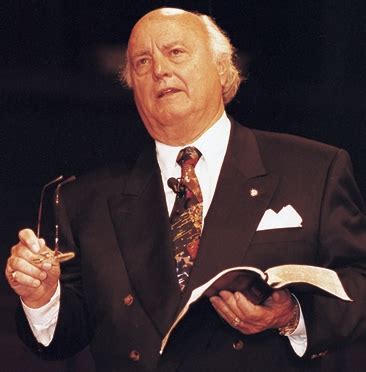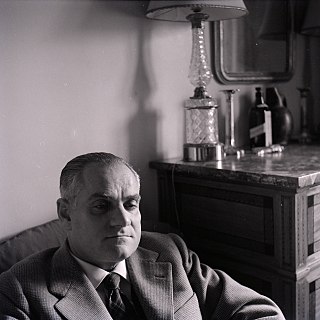A Quote by Edwin Louis Cole
Confidentiality is a virtue of the loyal, as loyalty is the virtue of faithfulness.
Quote Topics
Related Quotes
Spirituality is not a question of morality, it is a question of vision. Spirituality is not the practising of virtues - because if you practise a virtue it is no longer a virtue. A practised virtue is a dead thing, a dead weight. Virtue is virtue only when it is spontaneous; virtue is virtue only when it is natural, unpractised - when it comes out of your vision, out of your awareness, out of your understanding.
It is odd that a value/virtue that plays such a central role in dramatic literature has played such a small role in philosophical writing. There are probably a number of reasons, but I think that a predilection for a certain kind of individualism is a major one. Others might include the fashionability of consequentialism, the idea that loyalty has more to do with sentiment than reason, as well as its proneness to corruption. The revival of interest in virtue/character as distinct from rules/principles has also created space for a renewed, if hesitant, interest in loyalty.
And what does reward virtue? You think the communist commissar rewards virtue? You think a Hitler rewards virtue? You think, excuse me, if you'll pardon me, American presidents reward virtue? Do they choose their appointees on the basis of the virtue of the people appointed or on the basis of their political clout?
lf the attribute of popular government in peace is virtue, the attribute of popular government in revolution is at one and the same time virtue and terror, virtue without which terror is fatal, terror without which virtue is impotent. The terror is nothing but justice, prompt, severe, inflexible; it is thus an emanation of virtue.
Loyalty, Signor Molteni, not love. Penelope is loyal to Ulysses but we do not know how far she loved him...and as you know people can sometimes be absolutely loyal without loving. In certain cases, in fact, loyalty is form of vengeance, of black-mail, of recovering one's self-respect. Loyalty, not love.
Souls that have lived in virtue are in general happy, and when separated from the irrational part of their nature, and made clean from all matter, have communion with the gods and join them in the governing of the whole world. Yet even if none of this happiness fell to their lot, virtue itself, and the joy and glory of virtue, and the life that is subject to no grief and no master are enough to make happy those who have set themselves to live according to virtue and have achieved it.



































